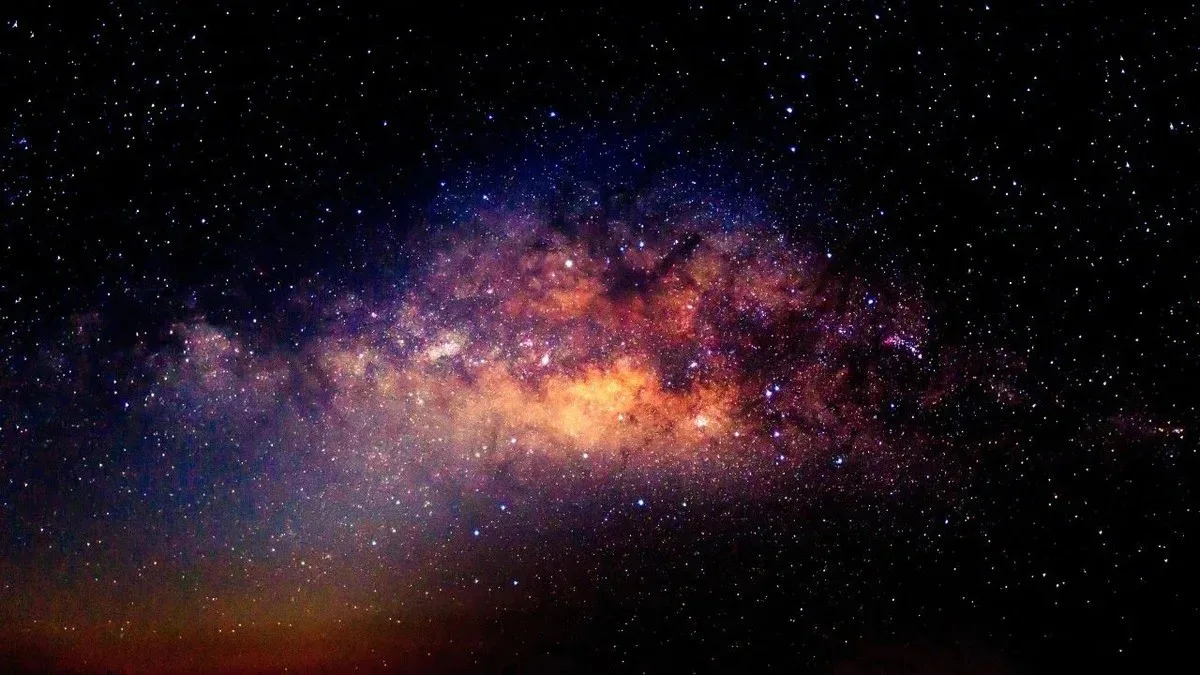01/11/2025
01/11/2025

KUWAIT CITY, Nov 1: The Al-Ojairi Scientific Center announced Saturday that Kuwait will witness a series of remarkable astronomical events this November, offering residents the chance to observe dazzling planetary conjunctions, lunar phases, and meteor showers with the naked eye.
In a press release, the center described November as one of the year’s richest months for celestial activity, providing an ideal opportunity for astronomy enthusiasts to view rare cosmic spectacles.
The events begin on Sunday with the conjunction of the moon and Saturn, when the two bodies will pass within approximately three degrees of each other on the western horizon after sunset. The moon will be 12 days old during this alignment, according to the center.
On November 5, the moon will reach its full phase, known as the “Beaver Moon,” historically marking the period when beavers build their dams. The bright full moon will be clearly visible across Kuwait.
“The most prominent event of the month will be the conjunction of the Moon and Jupiter on November 10,” the center said. The moon, 20 days old, will pass 3 degrees and 56 minutes north of Jupiter, creating one of the most striking astronomical sights visible under clear skies.
Another notable event will occur on November 12, when Mercury and Mars align in the same right ascension, with Mercury passing 1 degree and 18 minutes south of Mars. This rare spectacle can be observed just before sunrise on the eastern horizon.
The middle of November will feature the Leonid meteor shower, extending from November 6 to 30 and peaking on the 17th and 18th. The meteors, originating from debris left by Comet Tempel-Tuttle, are known for their rapid, brilliant streaks across dark skies, making the shower one of the most enchanting astronomical events of the year.
The culmination of November’s celestial events will be on November 20 with the new moon, marking the beginning of the crescent of Jumada al-Thani. During this astronomical conjunction, the sun and moon will align, and the moon will appear smaller than usual as it will be near its farthest point from Earth.
“November is an ideal time to enjoy the splendor of the sky,” the center noted, encouraging enthusiasts to observe from areas with minimal light pollution. The center added that winter constellations, including Orion, Taurus, Sirius, and the Pleiades star cluster, will appear early after sunset, heralding the peak season for astronomical observation with clear, cool nights across Kuwait.


